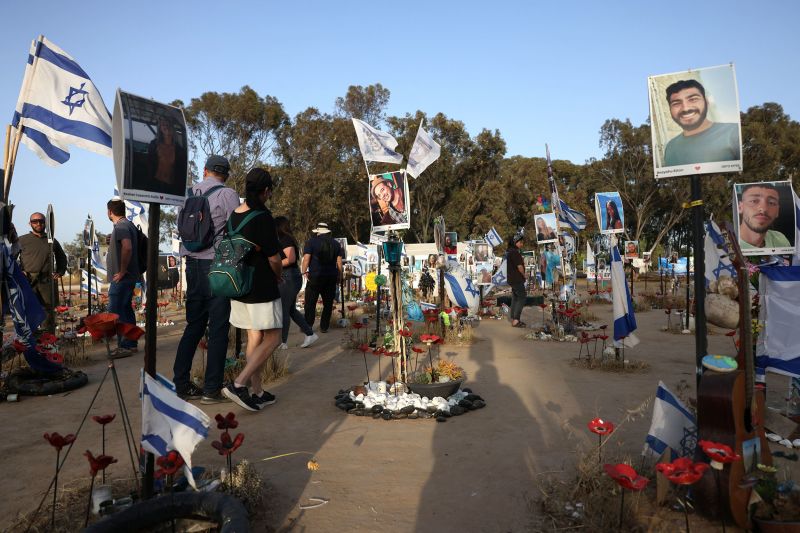
American Victims Sue Iran, Syria, and North Korea for Alleged Support of Hamas in October 7 Attacks
The legal landscape is ever-evolving, and one recent development underscores the complexities of international law and state responsibility. Victims of the October 7 attacks in the United States have taken the unprecedented step of suing Iran, Syria, and North Korea for their alleged support of Hamas, the group believed to be responsible for the attacks. This lawsuit, a significant legal maneuver, raises crucial issues surrounding state sponsorship of terrorism, the scope of state responsibility, and the challenges faced by victims seeking justice in such cases.
The decision to sue Iran, Syria, and North Korea reflects a growing trend in holding states accountable for terrorist acts committed by non-state actors they support. International law traditionally places the responsibility for wrongful acts on states rather than on individuals or organizations. By targeting state sponsors of terrorism like Iran, Syria, and North Korea, the victims of the October 7 attacks are seeking to hold accountable those who allegedly provided material support to Hamas.
However, the legal path to establishing state responsibility for supporting terrorism is fraught with challenges. Proving direct state involvement in supporting terrorist groups can be complex, as states may seek to shield themselves from liability through plausible deniability or other means. Additionally, questions of jurisdiction and immunity further complicate the legal landscape, as states often enjoy sovereign immunity from lawsuits in foreign jurisdictions.
The lawsuit filed by the victims of the October 7 attacks may set an important precedent in clarifying the obligations of states concerning the support of terrorist activities. If successful, it could open the door for more victims of terrorism to seek redress from state sponsors, thereby deterring such support in the future. However, the outcome of this case remains uncertain, as legal battles involving multiple states and complex international law issues are inherently challenging.
In conclusion, the lawsuit against Iran, Syria, and North Korea over alleged support for Hamas in the October 7 attacks highlights the intricate legal dynamics surrounding state responsibility and terrorism. As victims seek justice and accountability, they navigate a complex legal landscape that involves jurisdictional issues, sovereign immunity, and the burden of proof in establishing state involvement. This case serves as a reminder of the ongoing struggle to hold state sponsors of terrorism accountable and the critical importance of international law in addressing these complex challenges.
